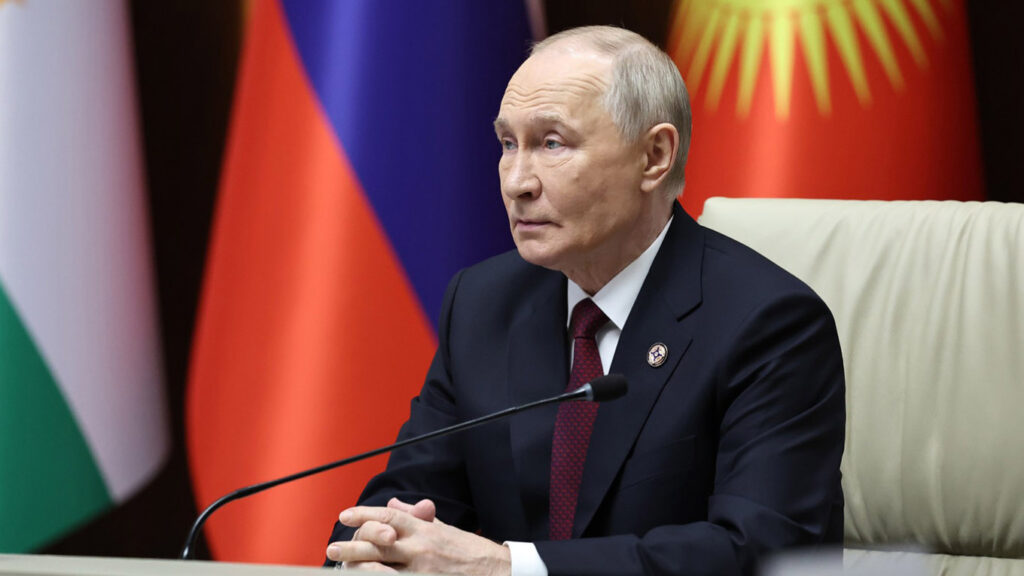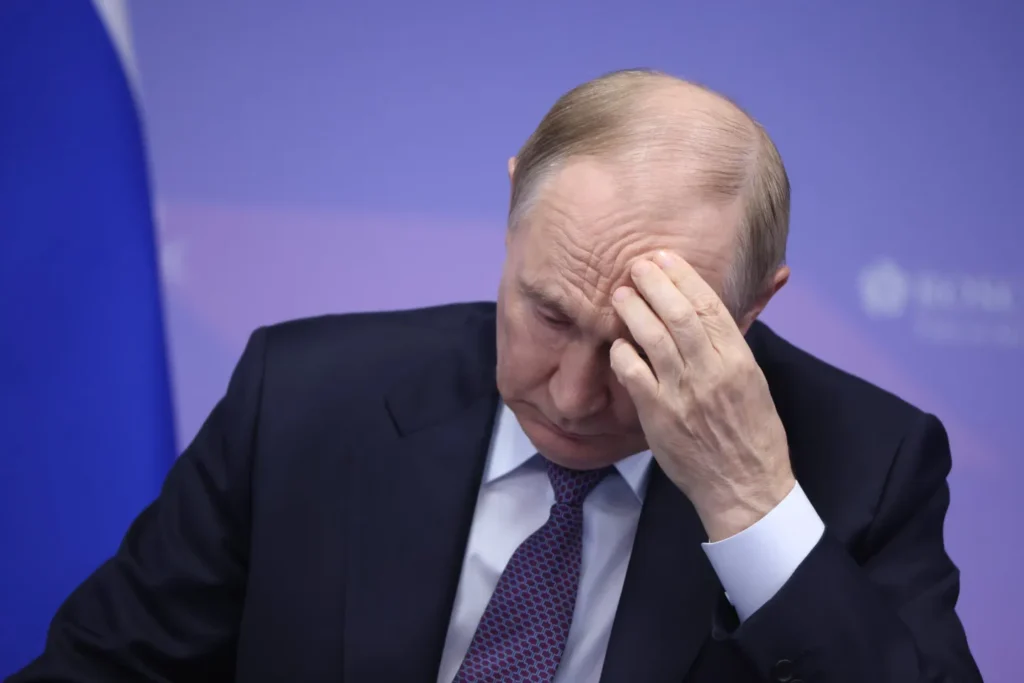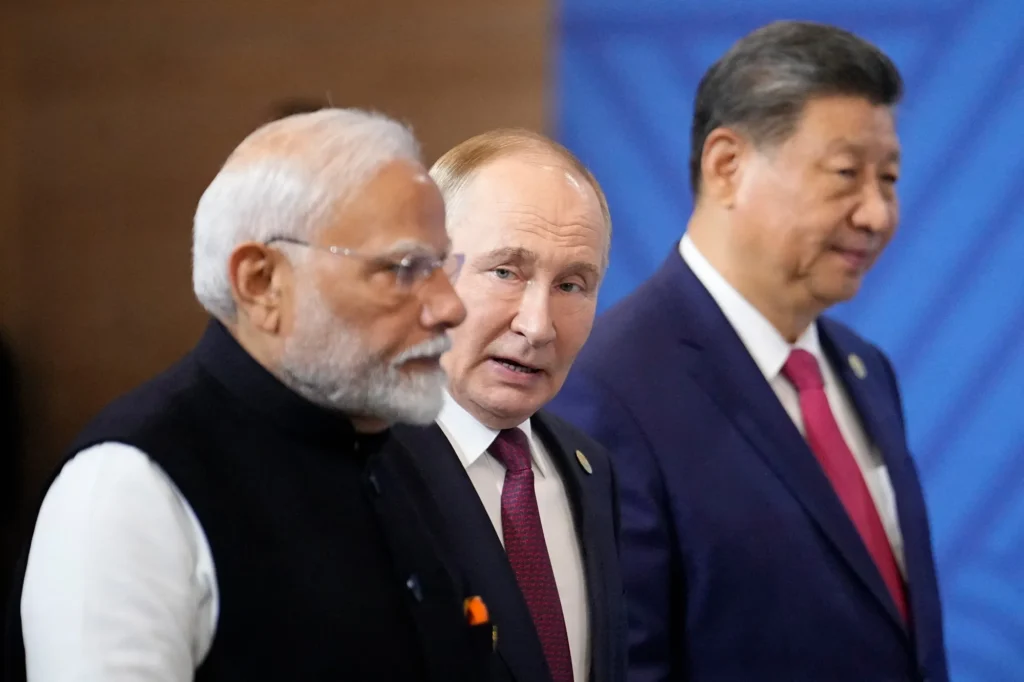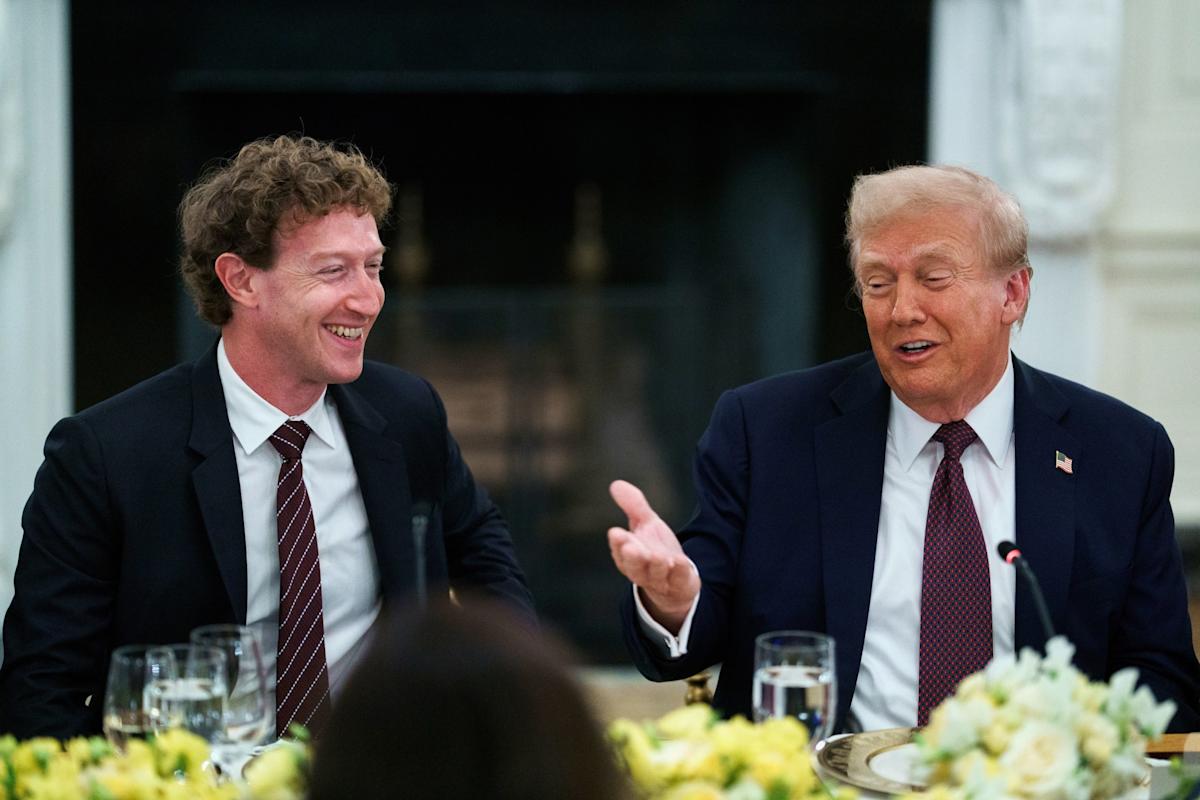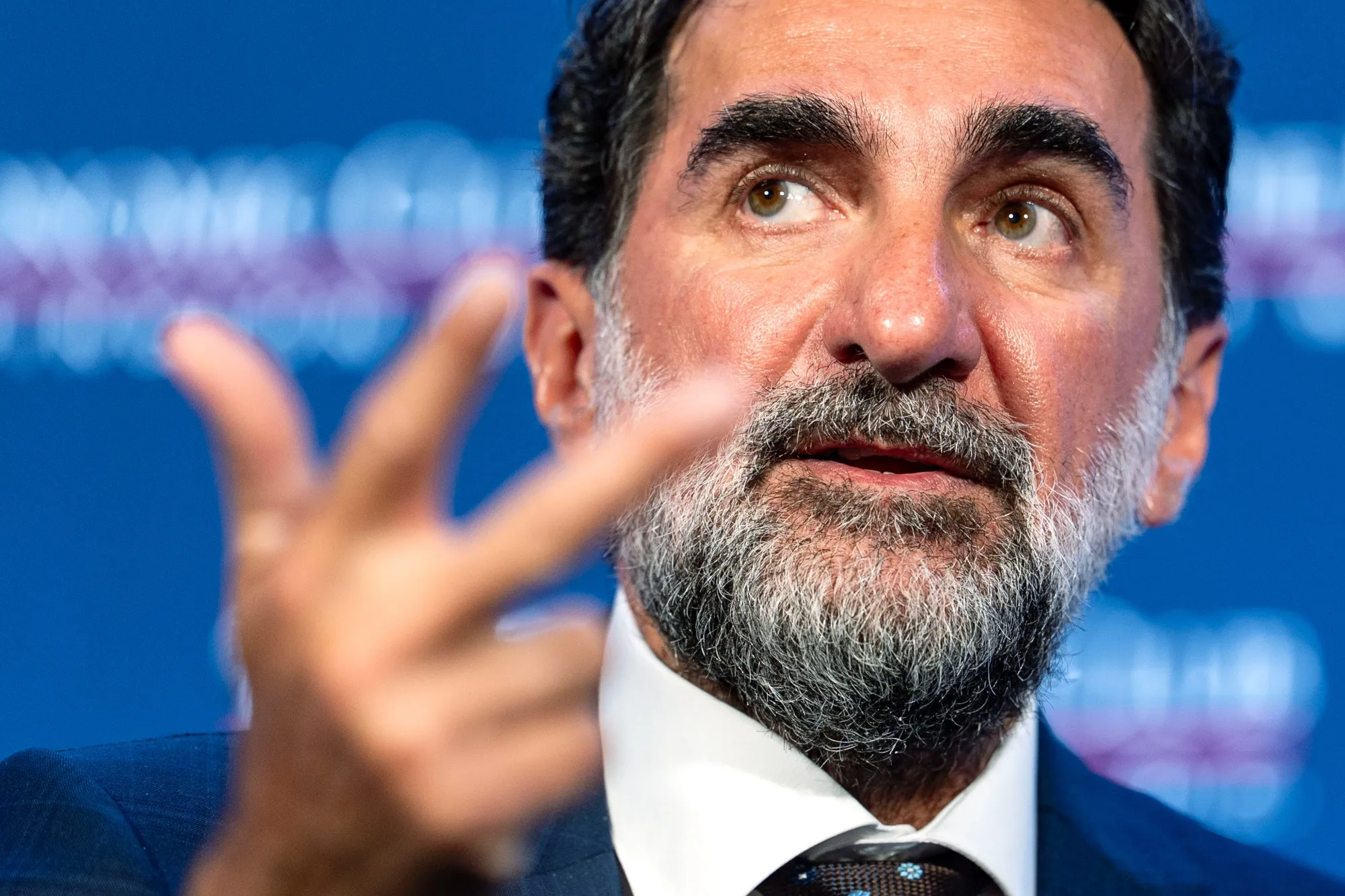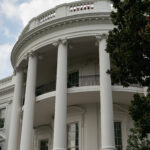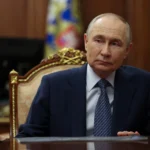Xi and Putin to Attend BRICS Trade Summit Amid India’s Absence, Raising Geopolitical Questions

China’s President Xi Jinping and Russia’s President Vladimir Putin are set to participate in the upcoming BRICS trade summit, signaling continued cooperation between the two global powers even as India’s Prime Minister Narendra Modi will not attend. The absence of Modi, a key BRICS player, has sparked speculation about the summit’s dynamics and the future direction of the bloc.
The Significance of BRICS
BRICS, the economic consortium of Brazil, Russia, India, China, and South Africa, has long been viewed as a counterbalance to Western-led economic institutions such as the G7 and the International Monetary Fund. Initially founded to foster cooperation among emerging markets, BRICS has grown increasingly ambitious, exploring avenues from trade agreements and infrastructure funding to geopolitical coordination.
The trade summit is expected to focus on strengthening intra-BRICS commerce, promoting alternative financial systems, and expanding trade in local currencies. Observers are watching closely to see how Xi and Putin will advance initiatives without India’s participation.
India’s Absence: A Strategic Signal?
Prime Minister Modi’s absence marks a rare deviation from tradition. While official sources cite scheduling conflicts and domestic priorities, analysts suggest deeper geopolitical undercurrents:
- Strategic Realignment – India has been balancing its ties between the U.S., Europe, and BRICS, seeking to maximize economic and security benefits. Modi’s absence may indicate caution toward closer alignment with Russia and China amid ongoing global tensions.
- BRICS Expansion Talks – The bloc has been exploring membership expansion, including potential invitations to countries outside the traditional emerging-market cohort. India’s absence may reflect divergent views on which countries should join and under what terms.
- Energy and Trade Negotiations – With Russia supplying energy to global markets and China investing heavily in infrastructure and technology, India may be signaling that it prefers to negotiate bilaterally rather than participate in collective agreements at this stage.
Xi and Putin: A Show of Strength
For Xi and Putin, the summit offers an opportunity to project unity and economic resilience. China has consistently sought to expand its influence through BRICS, leveraging trade, finance, and technology partnerships. Russia, facing sanctions and international isolation following the Ukraine conflict, is increasingly reliant on BRICS to maintain trade flows and economic leverage.
The absence of Modi may give Xi and Putin more room to advance joint initiatives, including:
- Strengthening the BRICS New Development Bank, which finances infrastructure and development projects in member and partner countries.
- Expanding bilateral trade deals denominated in local currencies to reduce reliance on the U.S. dollar.
- Coordinating on energy and technology partnerships, particularly in areas such as rare earths, semiconductors, and renewable energy.
Implications for Global Trade and Geopolitics
The summit could send a strong signal about the emerging multipolar world order. With India’s cautious posture, the bloc may appear more China-Russia dominated, potentially influencing global trade negotiations, currency dynamics, and strategic alliances.
Markets are paying attention as well. Analysts expect announcements at the summit to touch on:
- BRICS currency initiatives aimed at reducing exposure to Western financial systems.
- Trade corridors linking Asia, Africa, and Latin America.
- Technology and energy partnerships that could shift supply chains away from Western influence.
Looking Ahead
Modi’s absence does not preclude India from engaging with BRICS in the future. Experts note that India has historically used the bloc selectively to maximize economic benefits while maintaining strategic autonomy. Nevertheless, this year’s summit highlights emerging fractures within BRICS, as member states weigh sovereignty, geopolitical risk, and alignment with global powers.
For Xi and Putin, the summit is a chance to consolidate influence, project strength, and demonstrate leadership within the bloc. For India, staying away may be a calculated move to maintain flexibility in a rapidly changing geopolitical landscape.
The coming days will reveal whether the BRICS summit serves as a platform for cohesion or exposes cracks in one of the world’s most closely watched economic alliances.



